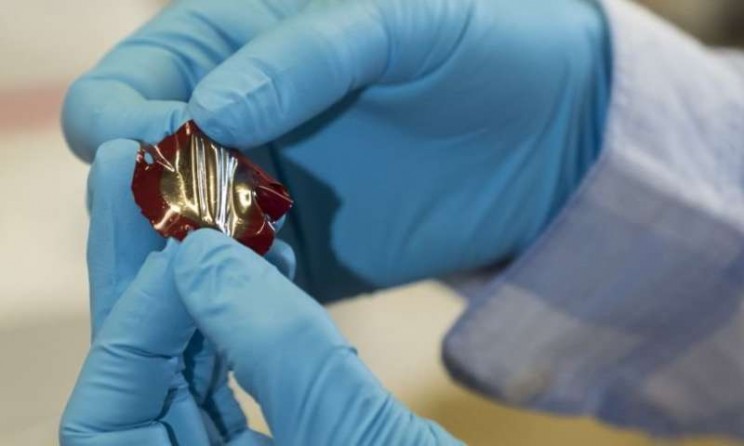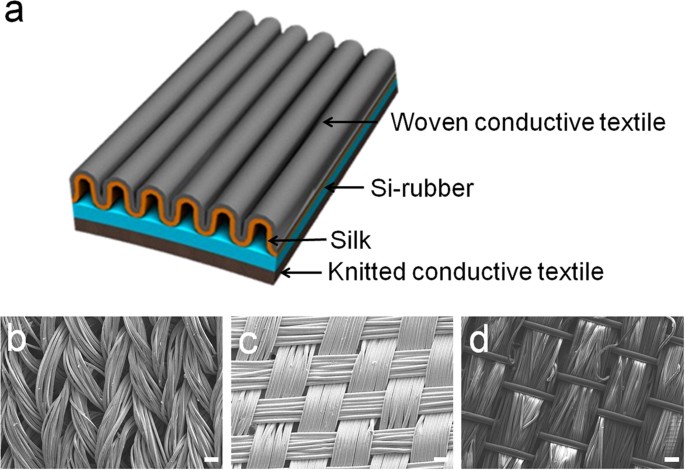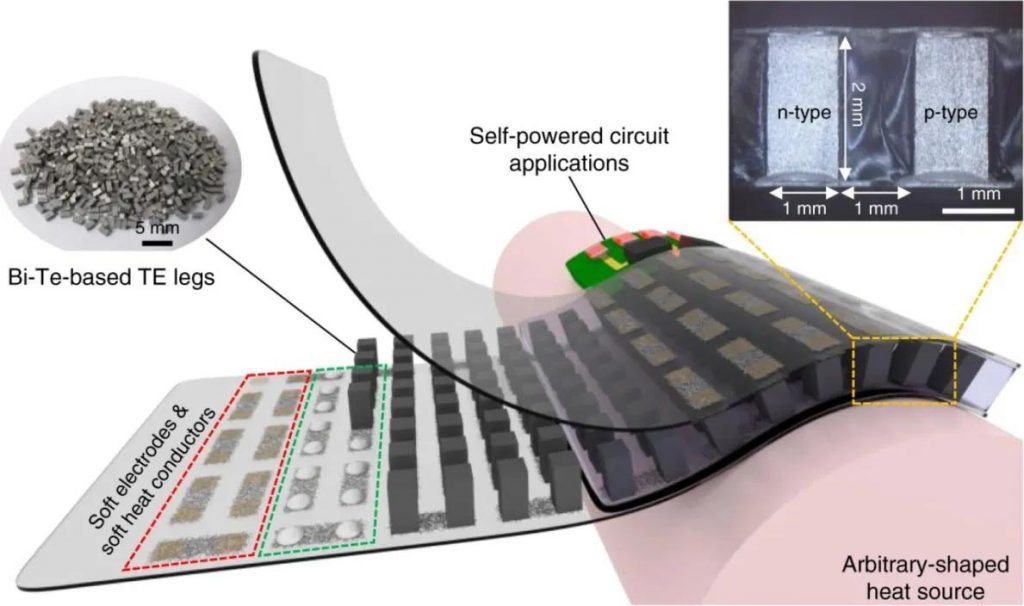Piezoelectric materials, dubbed as materials that can convert stress into electricity. The overall utility of such materials is limited because of their limited ability to function if wet. These materials have failed to produce enough energy to consider them viable energy options. A new invention consisting of magnetoelastic generators might change all this in near future.

The invention is composed of a platinum-catalyzed silicone polymer matrix suspended inside of which are nanoscale neodymium-iron-boron magnets; it has been devised to produce results in soft and flexible super-efficient self-powered bioelectronic devices.
The wearable and implantable diagnostic sensors use the human body’s movements to generate energy. The best feature of the sensors is that being wet won’t affect their efficacy. They won’t deactivate or stop performing because of rain or sweat.

“Our finding opens up a new avenue for practical energy, sensing and therapeutic technologies that are human-body-centric and can be connected to the Internet of Things,” said study leader Jun Chen.
“What makes this technology unique is that it allows people to stretch and move with comfort when the device is pressed against human skin, and because it relies on magnetism rather than electricity, humidity and our own sweat do not compromise its effectiveness.” In addition, Chen and his team’s invention have a magnetoelastic effect four times greater than rigid metal alloy devices of the same size.
The breakthrough that this effort achieved was the generation of electricity, an electrical current of 4.27 milliamperes per square centimetre. This is 10,000 times more efficient in comparison to conventional methods that were being used previously.

Other technologies are being trialled around the globe, but they are no match to Chen’s wearable generators. They fall short of one requirement or another. Some devices in question are too rigid to bend sufficiently to compress against the skin others rely on static electricity that does not generate enough energy and suffer in humidity.
However, Chen’s magnetoelastic keep up with their superior performance levels no matter the situation or environment around them. Fascinatingly they kept performing after being soaked in artificial perspiration for a week. The team has now filed for a patent for the technology and will continue to discover new and practical applications.


